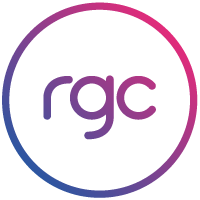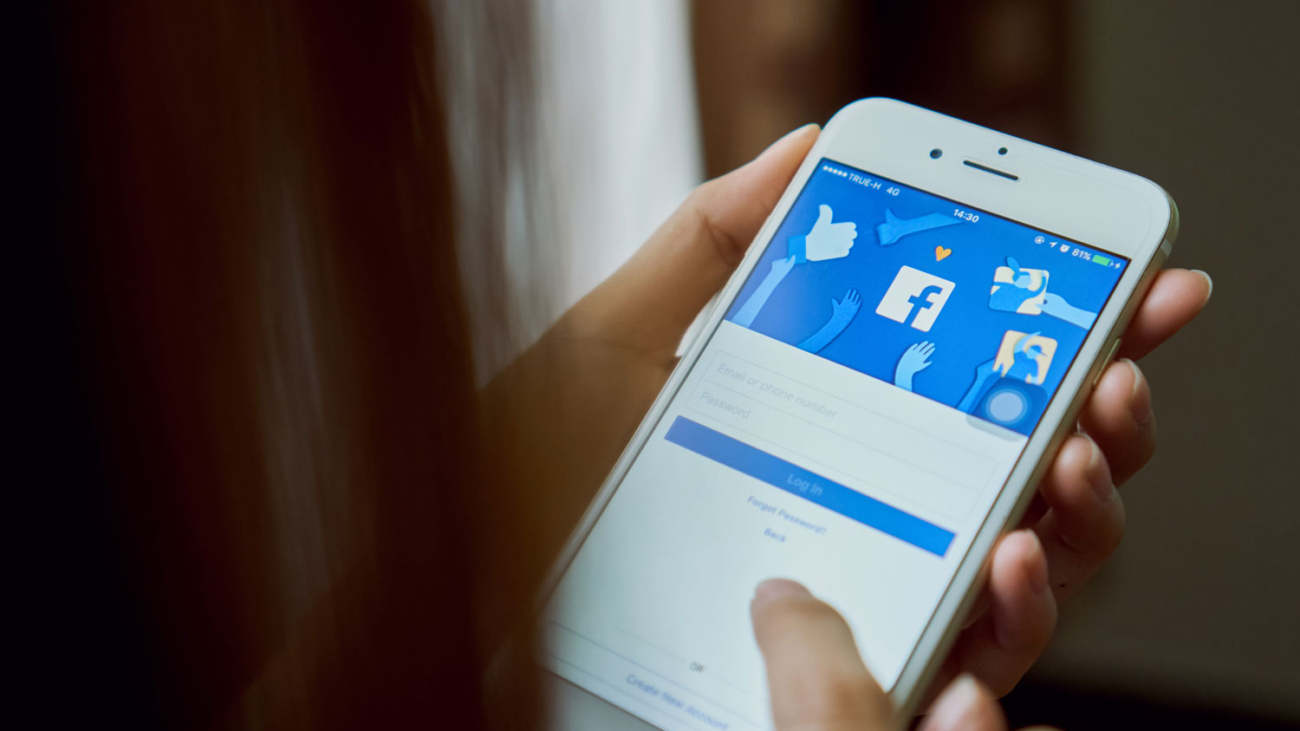Now that the dust has settled somewhat on the Australian Government’s stoush with principally Facebook and Google, what is the state of play of the highly charged News Media Bargaining Code?
In action which was closely watched around the world, the Australian Government’s code has now been brought in as law after passing through both houses of parliament.
Both Google and Facebook have been negotiating, and in many cases signing deals, with Australian publishers with Facebook being later to the party, and after sensationally dropping Australian news from its feed in what was seen as a tough protest and negotiating tactic. Facebook returned news for Australian users after getting some changes from the Australian Government following its dramatic decision to drop news.
The news media bargaining code was introduced by the Australian Competition and Consumer Commission in an attempt to force Facebook and Google to pay for the news content they publish on their platforms.
Facebook had asserted that the value in the news chain for its platform was strongly in favour of news publishers, saying, “… last year Facebook generated approximately 5.1 billion free referrals to Australian publishers worth an estimated AU$407 million to the news industry.”
The code allows eligible Australian media organisations to bargain with Google and Facebook to secure fair payment for their news content. The code isn’t mandating how much should be paid, but rather providing a compulsory negotiating process in the absence of direct deals being struck.
A statement from Australian Treasurer Josh Frydenberg and Communications Minister Paul Fletcher said the code “provides a framework for good faith negotiations between the parties and a fair and balanced arbitration process to resolve outstanding disputes.
“The Code will ensure that news media businesses are fairly remunerated for the content they generate, helping to sustain public interest journalism in Australia.”
What deals are being done?
On the 15th March 2021, News Corp announced that it “… has reached a multi-year agreement to provide access to trusted news and information to millions of Facebook users in Australia through its Facebook News product.”
The agreement involves News Corp Australia and includes The Australian national newspaper, the news.com.au news site, major metropolitan mastheads like The Daily Telegraph in New South Wales, Herald Sun in Victoria and The Courier-Mail in Queensland and regional and community publications.
News Corp also said Sky News Australia has reached a new agreement with Facebook which extends and significantly builds on an existing arrangement. News Corp also has news payment deals with Google and Apple.
The News Corp agreement follows Facebook deals with Seven West Media, and private publishers Private Media, Schwartz Media and Solstice Media.
It is understood that Nine Entertainment Co also has signed a letter of intent with Facebook with an announcement expected soon.
Google has been far quicker to negotiate deals than Facebook. Google announced a deal worth A$30 million with Seven West Media in February for news content for its Google Showcase product.
Seven West Media managing director and chief executive officer, James Warburton, said: “Both agreements are a significant step forward for Australian news media and are a clear acknowledgement by all parties of the value and importance of original news content.”
Google also has announced deals with Guardian Australia and a $30 million deal with Nine.
Why is Facebook more reluctant to make deals?
Quite simply, competition. Google has more, especially in search, and Facebook as a giant social network has less, argues Peter Martin, visiting fellow, Crawford School of Public Policy, Australian National University.
Facebook has said that only about four per cent of posts on the platform are works of journalism. As the pre-eminent social network, it really doesn’t have a significant competitor. Google’s service relies a lot more on news articles, and Microsoft has indicated it supports the legislation and would commit its Bing search service to remain in Australia “and that it is prepared to share revenue with news organizations under the rules that Google and Facebook are rejecting.”
One could also surmise that Google and Facebook could see that by doing the deals now it would save them much money, especially when under the code an independent arbitrator would determine the final value of a deal.
For now, a number of our publishers are getting some much needed additional revenue. It is not known, however, how much of this will be channelled back into journalism and newsrooms. The code does not mandate this.
Update 6 May 2021
Seven West Media has now signed agreements with both Google and Facebook which will see the two companies pay Seven to publish news from Seven. It has signed on for a three-year deal with Facebook and five years with Google.
Australian Community Media has signed a letter of intent with Facebook to provide news and information through Facebook News. The deal will involve over 40 ACM regional, rural and suburban mastheads and publications. Some of the publications include the Newcastle Herald, Bendigo Advertiser, Canberra Times, and the Illawarra Mercury.



